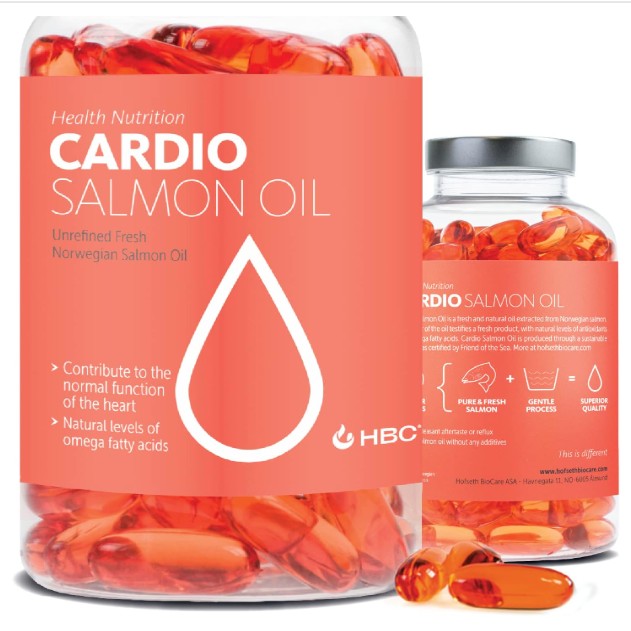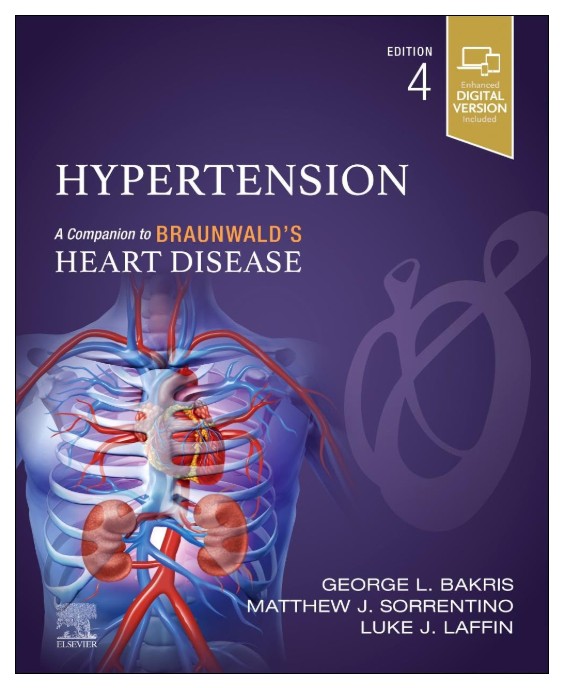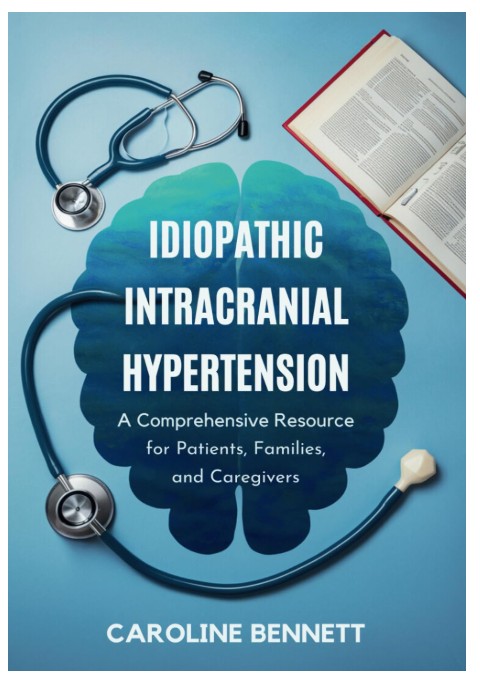Hypertension, also known as high blood pressure, is a common condition that affects millions of people worldwide. It’s often referred to as the “silent killer” because it typically doesn’t present any symptoms until it has caused significant damage to the heart and arteries. One of the most effective ways to manage hypertension and reduce its damaging effects is through regular exercise. This article provides a comprehensive guide on how exercise can help manage hypertension.
Firstly, let’s understand what hypertension is. Hypertension occurs when the force of blood against your artery walls is consistently too high. This pressure can eventually lead to health issues like heart disease, kidney disease, stroke, and other serious conditions if left uncontrolled.
Now, let’s delve into how exercise can help manage this condition. Exercise has been proven to have numerous health benefits, including lowering blood pressure. It does this by strengthening the heart muscle which in turn reduces the force on artery walls thereby lowering your blood pressure.
Exercise also helps in weight management which is a key factor in controlling hypertension. Excess weight often leads to increased blood pressure because your heart must work harder to pump blood around your body. Regular physical activity helps control your weight and reduce the strain on your heart.
Aerobic exercises such as walking, jogging, swimming or cycling are particularly beneficial for managing hypertension. These types of exercises strengthen the heart and lungs while increasing overall fitness levels. Strength training exercises can also be beneficial when done in moderation as they help build lean muscle mass which aids in burning more calories even at rest.
It’s important to note that while exercise can significantly lower high blood pressure, it should not replace medication prescribed by a doctor for treating hypertension. Instead, it should be used in conjunction with medication and other lifestyle changes such as maintaining a healthy diet low in sodium and rich in fruits and vegetables.
Before starting any new exercise regime, especially if you have been diagnosed with hypertension or any other heart-related condition, it is crucial to consult with your healthcare provider. They can guide you on the type and amount of exercise that is safe and beneficial for you.
In conclusion, regular exercise plays a vital role in managing hypertension. It helps lower blood pressure, manage weight, and improve overall cardiovascular health. However, it’s important to remember that exercise is just one part of a comprehensive treatment plan for hypertension. Always consult with your healthcare provider before starting any new fitness regime and follow their advice on medication and dietary changes.



